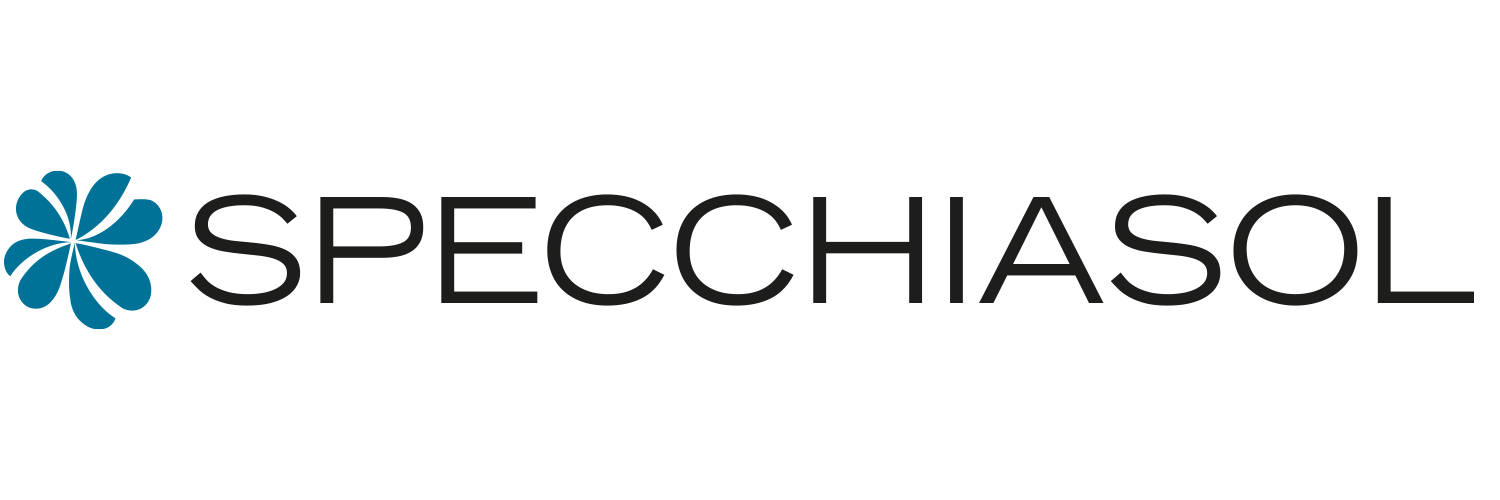Memory loss and difficulty concentrating
The seat of memory
The information conveyed to the various visual, auditory, tactile, gustatory, olfactory areas of the brain are the pieces of a puzzle that must be combined, ordered and orchestrated by the hippocampus, deemed the arbiter of memories, a nerve structure that is necessary to recreate the whole scene, supplement it with sensations and bring memories to life. The hippocampus is also the area of the brain that is activated to remember the past and to imagine the future. Neuroscientists see the hippocampus as part of a mnemonic system of the brain’s medial temporal lobe, responsible for ‘declarative memory’, made of facts and events that can be verbalised. It is believed that the long-term consolidation of memory entails the transfer of information in other parts of the brain. In Alzheimer’s disease, the hippocampus is one of the first nerve structures to be damaged.
Weak memory
The decline of memory means different things at different ages. In children, it is often related to getting tired easily or to learning difficulties; in young people, it manifests during cramming for exams; in the elderly, it is due to an involution process. As time goes by, memory increasingly resembles sight: while we forget people’s names, recent readings and facts, episodes, encounters, faces from days long gone are increasingly clearer and vivid. This is what happens in presbyopia, where we have difficulty reading close up, while things located in the distance remain in sharp focus. Severe loss of memory can be one of the early signs of dementia.
‘Foggy mind’
The Anglo-Saxons have introduced the expression ‘foggy mind’ or ‘brain fog’ to indicate a mild cognitive decline that can include disorientation, difficulty staying concentrated and focused, short-term memory gaps in daily activities.
Anxiety
Anxiety ‘attacks’ often compromise cognitive functions, with a state of confusion, memory and concentration disorders. Anxiety may involve sensorial disorders (blurred vision, ringing in the ears, dizziness), nervous irritability with tension, hyperaesthesia, insomnia, and somatisation that affects various organs.
Senile dementia and Alzheimer’s disease
The most common forms of dementia include vascular dementia and Alzheimer’s disease. They are characterised by an ingravescent cognitive deterioration, in which memory deficiency is of primary importance. The condition appears insidiously and unannounced. Alzheimer’s disease is accompanied by mental and behavioural symptoms, such as depression, agitation, and psychosis with a significant reduction of the ability to perform everyday tasks.
Cognis, a memory aid
Enhance memory, improve the ability to learn, delete traumatic memories, free the mind of painful memories, check mental decline: these are some of the goals to be sought, by implementing measures, strategies and behaviours that can help us control memory and improve cognitive function.
In formulating Cognis, a food supplement specific for memory decline, the experts of Specchiasol’s scientific sector selected ingredients tested by tradition, but also rigorously checked by more recent research. It is recommended to take one or two tablets in the morning, on waking, for cycles of 20 days per month, to be repeated as needed.
Bacopa monnieri (Water hyssop)
According to the tradition of Ayurvedic Medicine, Bacopa, a plant that originates from India, ‘opens the door to full awareness’. Numerous clinical studies have confirmed its natural neuroprotective and anxiolytic activity, that provides priceless help when it comes to optimising concentration and memory under stressful conditions in the young, and preventing the decline of mental activity in the elderly. The positive effect on the cognitive functions is attributed to a group of substances, known as bacosides.
Nutritional supplements
Extensive research has confirmed the possible positive preventive role of certain nutritional supplements in preserving memory and cognitive functions.
Taurine
It is an amino acid that is synthesised in the body from a sulphur-containing amino acid: cysteine. It acts on the GABA receptors, inhibiting the brain’s excitatory neurons. Numerous studies prove the protective role of taurine and its ability to improve mental activities.
Homotaurine
A natural compound present in certain red sea algae (Gratelupia livida, Chondrus ocellatus) which use it as a source of nitrogen for development. The name derives from the resemblance with the molecule of taurine, an amino acid found in large quantities in the brain. The use of homotaurine is thought to slow down the shrinking of the hippocampus observed in the elderly, and, especially, in Alzheimer’s disease; it is believed to reduce cognitive deterioration, protecting the nerve cells from the damage caused by the production of free radicals.
Uridine monophosphate
Also known as 5′-uridylic acid (UMP), it stimulates neurotrophic functions. Together with choline and polyunsaturated fatty acids, it is one of the sources that allow the brain to synthesise the phospholipids of the cerebral cell membrane (Phosphatidylcholine). It also participates in certain cerebral processes, increasing the formation of acetylcholine, a neurotransmitter that promotes the exchange between neurons in the brain.
Vitamins C, D, E
Vitamin C promotes mental activities, and, together with vitamin E, participates in the antioxidant mechanism that protects the nerve tissues. Vitamin D helps ensure the absorption and use of phosphorus by the neurons. Certain studies have proven that decreased levels of vitamin D are associated with reduced cognitive functions.







